Student Success Habits for Academic Excellence
Elevate Your Learning
These habits are designed to empower students to take control of their learning journey and achieve academic excellence. They provide a holistic approach, addressing not just what to study, but how to study effectively. By implementing these strategies, learners can transform their study habits and unlock their full potential.
- Optimized study environment and schedule
- Effective learning and memory techniques
- Proactive approach to challenges
- Emphasis on wellbeing and motivation
Discover the transformative power of intentional study habits and pave your path to academic success.
Filter Habits
 Learning's Habit Sets
Learning's Habit Sets

Designate Study Zone
Establish a quiet, well-lit, and organized study area free from distractions. A dedicated study space helps create a conducive environment for focused learning and signals to your brain it's time to concentrate.
Why This Matters
Alex creates a specific corner in his home dedicated solely to studying, which helps him mentally transition into study mode whenever he sits there. He finds that having a consistent location for academic work improves his concentration and reduces the time it takes to get focused.

Establish Time Blocks
Create a consistent daily schedule for studying that aligns with your energy levels and other commitments. Regular study blocks turn learning into a habit rather than a sporadic activity, improving retention and reducing procrastination.
Why This Matters
Maria maintains a consistent study schedule of two hours each evening, which has transformed studying from a dreaded task into an automatic part of her routine. She no longer wastes time deciding when to study and finds her retention has improved significantly.

Chunk Large Assignments
Divide complex projects or extensive material into smaller, manageable segments that can be tackled one at a time. Breaking down large tasks reduces overwhelm, provides clear milestones, and creates a sense of progress as each segment is completed.
Why This Matters
Carlos was overwhelmed by his thesis project until he broke it down into weekly chapter goals with daily writing targets. By focusing on one small chunk at a time, he removed the paralysis that came with facing the entire project and maintained steady progress.

Focus On One Task
Eliminate multitasking and concentrate entirely on a single subject or assignment during each study session. Monotasking significantly improves comprehension and efficiency, as your brain can devote all its resources to one learning objective.
Why This Matters
Jason discovered that when he focused exclusively on chemistry for an hour without checking his phone or switching between subjects, his understanding deepened and his study time became more productive. He now completes more work in less time by embracing monotasking.

Capture Key Concepts
Develop a personalized note-taking system that helps you distill and organize important information during lectures or while reading. Effective notes serve as personalized study guides that highlight crucial concepts and save time during review sessions.
Why This Matters
Emma developed a color-coded note-taking method that helps her quickly identify definitions, examples, and potential test questions. Her organized notes have become her primary study resource, eliminating the need to reread entire textbooks before exams.

Collaborate With Peers
Form or join a small group of students studying the same material to discuss concepts, quiz each other, and share different perspectives. Study groups provide accountability, expose knowledge gaps, and allow you to learn by teaching others.
Why This Matters
Michael joins weekly study sessions with classmates where they take turns explaining difficult concepts to one another. He finds that articulating ideas to others reveals his true level of understanding and hearing multiple explanations helps solidify complex topics.

Seek Immediate Clarification
Ask questions as soon as confusion arises rather than letting uncertainty accumulate. Addressing gaps in understanding immediately prevents compounding confusion and builds a solid foundation for more advanced concepts.
Why This Matters
Sophia made it a practice to ask at least one question in every class, which helped her overcome her fear of appearing unintelligent. She discovered that her questions often benefited other students too, and her comprehension improved dramatically once she stopped pretending to understand difficult material.

Practice Active Recall
Test yourself by trying to recall information from memory rather than simply re-reading material. Active recall strengthens neural pathways associated with the information, making it more accessible during exams and real-world application.
Why This Matters
Daniel closes his textbook after reading a section and challenges himself to write down everything he remembers, which has dramatically improved his retention compared to passive reading. His test scores improved by 30% after adopting this scientifically-proven memory technique.

Distribute Learning Sessions
Spread out study sessions over time rather than cramming all at once before deadlines. Distributed practice allows your brain to consolidate information between sessions, leading to stronger long-term memory and deeper understanding.
Why This Matters
Olivia studies her French vocabulary in short 20-minute sessions every day instead of cramming before tests. She found that this spaced approach not only reduced her anxiety but also significantly improved her language retention and fluency.
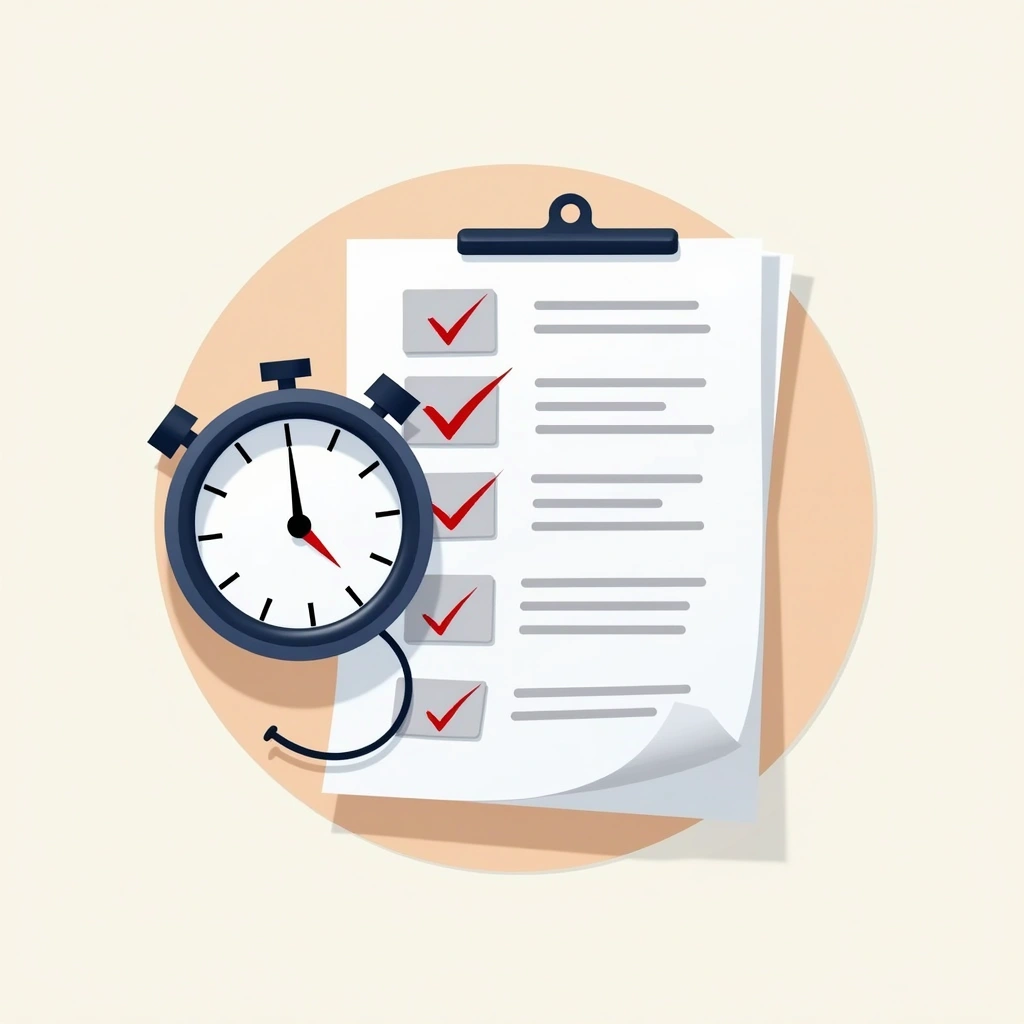
Simulate Exam Conditions
Regularly test yourself under conditions similar to actual exams, using past papers or creating your own questions. Practice tests reveal knowledge gaps, build exam-taking stamina, and reduce test anxiety through familiarity with the process.
Why This Matters
William takes a timed practice test each weekend for his upcoming certification exam, which has helped him identify weak areas and become comfortable with the exam format. His performance anxiety has decreased significantly since implementing this habit.

Celebrate Small Wins
Create a system of meaningful rewards for completing study goals or sessions to maintain motivation. Planned rewards provide something to look forward to, activate your brain's pleasure centers, and create positive associations with studying.
Why This Matters
Nina allows herself a 15-minute social media break after completing each hour of focused study time, which helps her stay motivated through long study sessions. These small rewards have transformed studying from a dreaded chore into a more sustainable rhythm of effort and enjoyment.

Prioritize Quality Sleep
Ensure you get 7-9 hours of quality sleep, especially before exams or important learning days. Quality sleep is essential for memory consolidation, cognitive function, and maintaining the focus needed for effective learning.
Why This Matters
Lucas stopped pulling all-nighters after learning that sleep is when his brain consolidates what he studied during the day. His comprehension and test performance improved dramatically when he started protecting his 8 hours of sleep as a non-negotiable part of his study strategy.

Create Master Task List
Keep a comprehensive list of all assignments, readings, and projects with their deadlines in one centralized location. A master list prevents important tasks from falling through the cracks and provides a bird's-eye view of your workload for better planning.
Why This Matters
Ethan maintains a digital master list of every assignment and exam date for all his courses, which has eliminated the anxiety of wondering if he's forgotten something important. This complete overview allows him to allocate his time strategically across competing priorities.
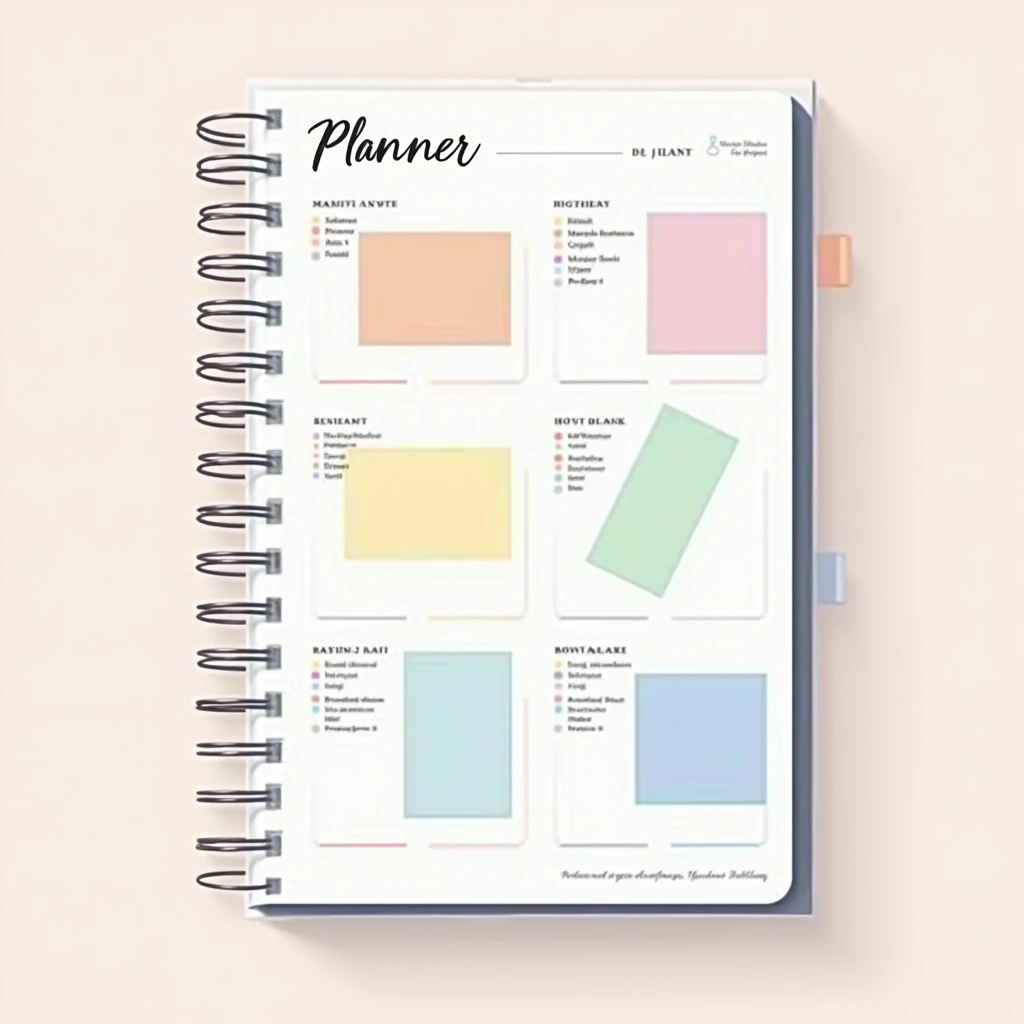
Plan Weekly Schedule
At the start of each week, map out when you'll work on specific assignments or subjects, accounting for deadlines and difficulty levels. A weekly plan eliminates daily decision fatigue about what to study and ensures balanced attention across all subjects.
Why This Matters
Sophia creates her study calendar every Sunday evening, allocating time blocks for each subject based on upcoming tests and assignment deadlines. This weekly ritual gives her a sense of control over her workload and ensures nothing is neglected until the last minute.

Track Learning Progress
Regularly assess your understanding and advancement through learning materials using self-tests, progress trackers, or reflection journals. Monitoring progress helps identify areas needing additional attention and provides motivation through visible growth.
Why This Matters
Marcus keeps a learning journal where he rates his understanding of each topic and notes questions that arise, which helps him focus his study efforts where they're most needed. This habit of regular self-assessment has helped him catch comprehension gaps early, before they become problematic.
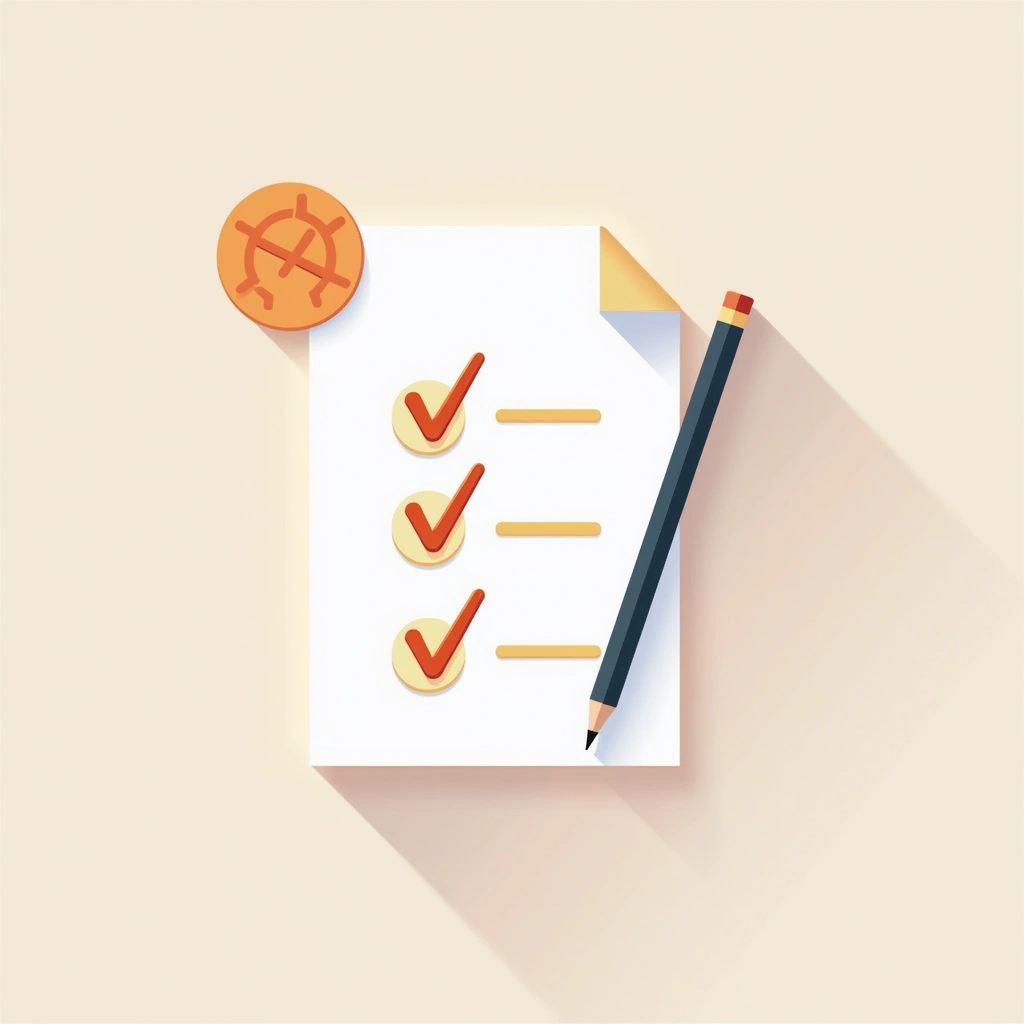
Refine Completed Work
Review and revise assignments before submission and continue improving them even after receiving grades if possible. The revision process deepens understanding through critical reflection and helps develop higher standards for your work.
Why This Matters
Amelia makes it a point to revise each paper at least twice before submission and requests permission to resubmit improved versions after receiving feedback. This commitment to revision has not only improved her grades but also developed her critical thinking skills.

Request Timely Assistance
Promptly reach out to instructors, tutors, or knowledgeable peers when struggling with concepts rather than remaining stuck. Seeking help addresses knowledge gaps immediately and often provides valuable alternative explanations that make complex ideas click.
Why This Matters
David used to struggle silently with statistics until he started visiting his professor's office hours regularly. He discovered that brief clarification sessions prevented small misunderstandings from snowballing into major confusion, saving him hours of frustrated studying.

Embrace Learning Challenges
Maintain effort and focus when encountering difficult concepts rather than avoiding them or giving up. Perseverance through challenging material builds intellectual resilience and often leads to breakthrough moments of understanding.
Why This Matters
Leila deliberately tackles the hardest problems first in any assignment, recognizing that working through difficulties strengthens her understanding more than reviewing what she already knows. This approach has transformed her relationship with challenging material from avoidance to engagement.
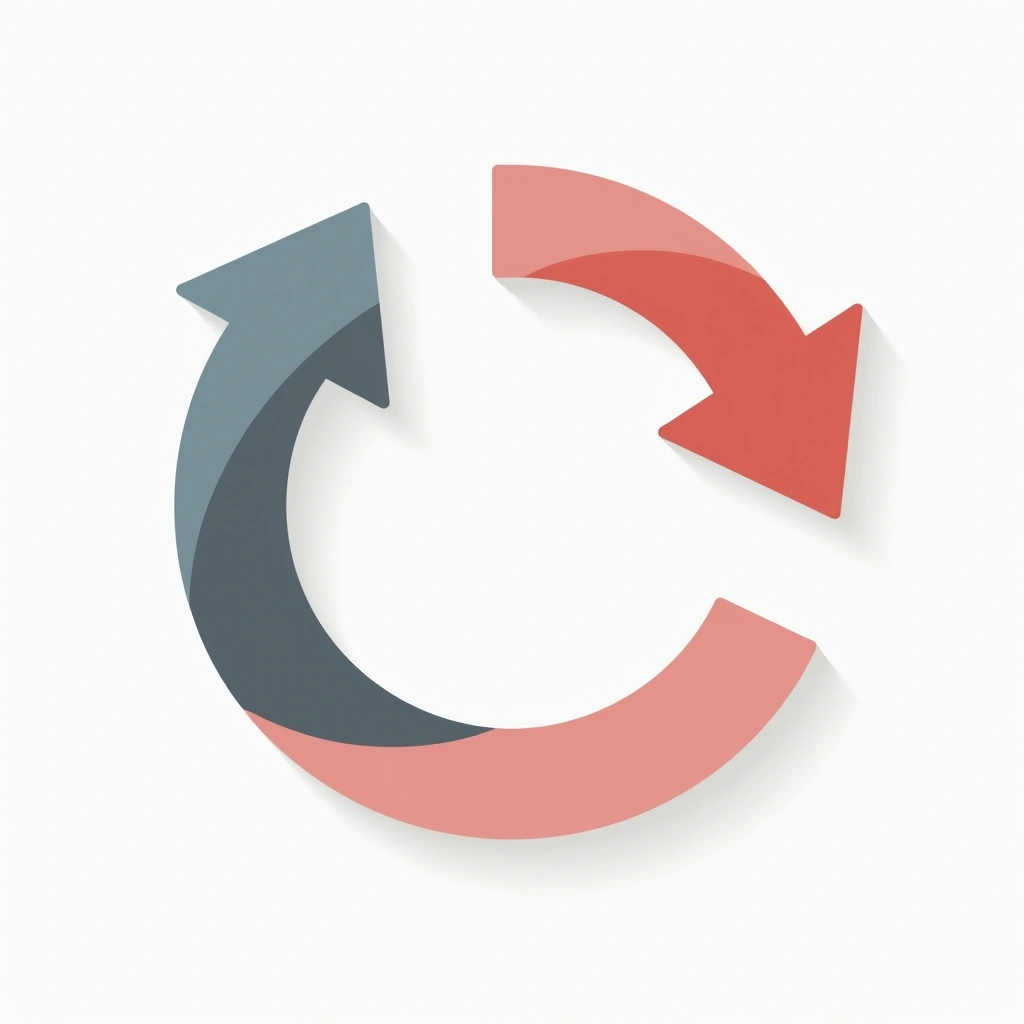
Rotate When Blocked
Move to a different subject or assignment when you hit a significant mental block instead of forcing continued focus. Strategic task-switching prevents diminishing returns from frustrated effort and allows your subconscious to work on problems in the background.
Why This Matters
Noah learned to recognize when he was hitting diminishing returns on a challenging physics problem and would switch to literature reading before returning with fresh perspective. This rotation technique has increased his overall productivity and reduced study frustration.

Commit To Daily Practice
Dedicate at least 10-15 minutes every day to practicing or reviewing a subject, even on busy days. Daily practice, even in small amounts, maintains momentum and triggers the spacing effect for better long-term retention than occasional marathon sessions.
Why This Matters
Isabella commits to at least 15 minutes of vocabulary practice every day for her language learning, which has resulted in more consistent progress than her previous pattern of sporadic hour-long sessions. The daily habit has made learning feel effortless compared to the willpower required for irregular study.
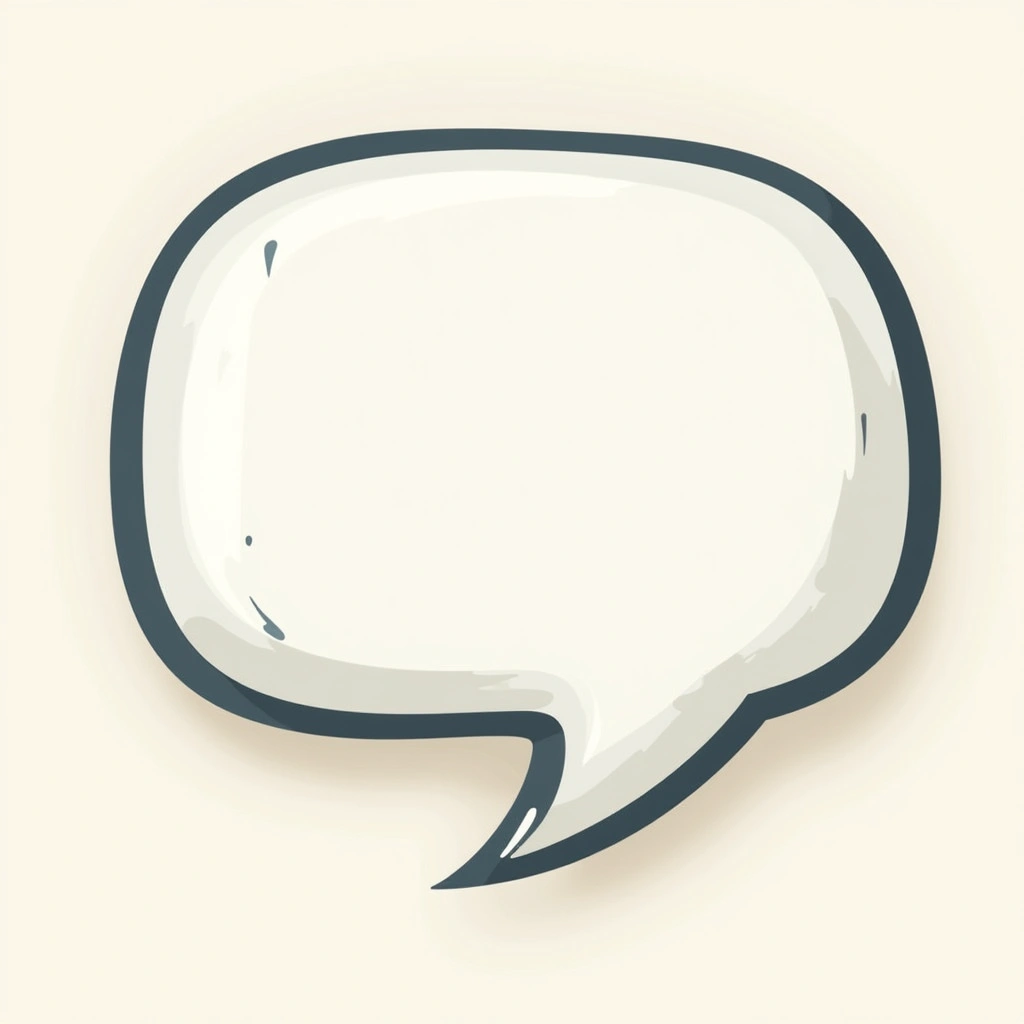
Rephrase Key Concepts
Express ideas and concepts in your own language rather than memorizing text verbatim. Translating information into personal language forces deeper processing and reveals true comprehension levels while creating stronger memory connections.
Why This Matters
Gabriel takes notes by listening to lectures then writing summaries in his own words rather than transcribing directly. This translation process forces him to truly understand the material rather than simply copying it, resulting in better retention and more authentic learning.

Maintain High Standards
Approach each assignment with care and attention to detail, striving for quality rather than mere completion. Taking pride in your work builds professional habits, enhances learning outcomes, and results in materials you can confidently reference in the future.
Why This Matters
Priya reviews each assignment carefully before submission, asking herself if it represents her best effort rather than just meeting minimum requirements. This standard of excellence has not only improved her grades but developed her reputation for quality work that has opened academic opportunities.

Honor All Deadlines
Submit every assignment by its due date, treating deadlines as non-negotiable commitments. Consistent on-time completion builds trust with instructors, prevents work from accumulating, and eliminates the stress of playing catch-up.
Why This Matters
Jordan made a commitment to submit every assignment on time regardless of circumstances, which forced him to start work earlier and manage his time more effectively. His stress levels decreased dramatically once he stopped juggling late assignments, and instructors became more willing to help him when needed.
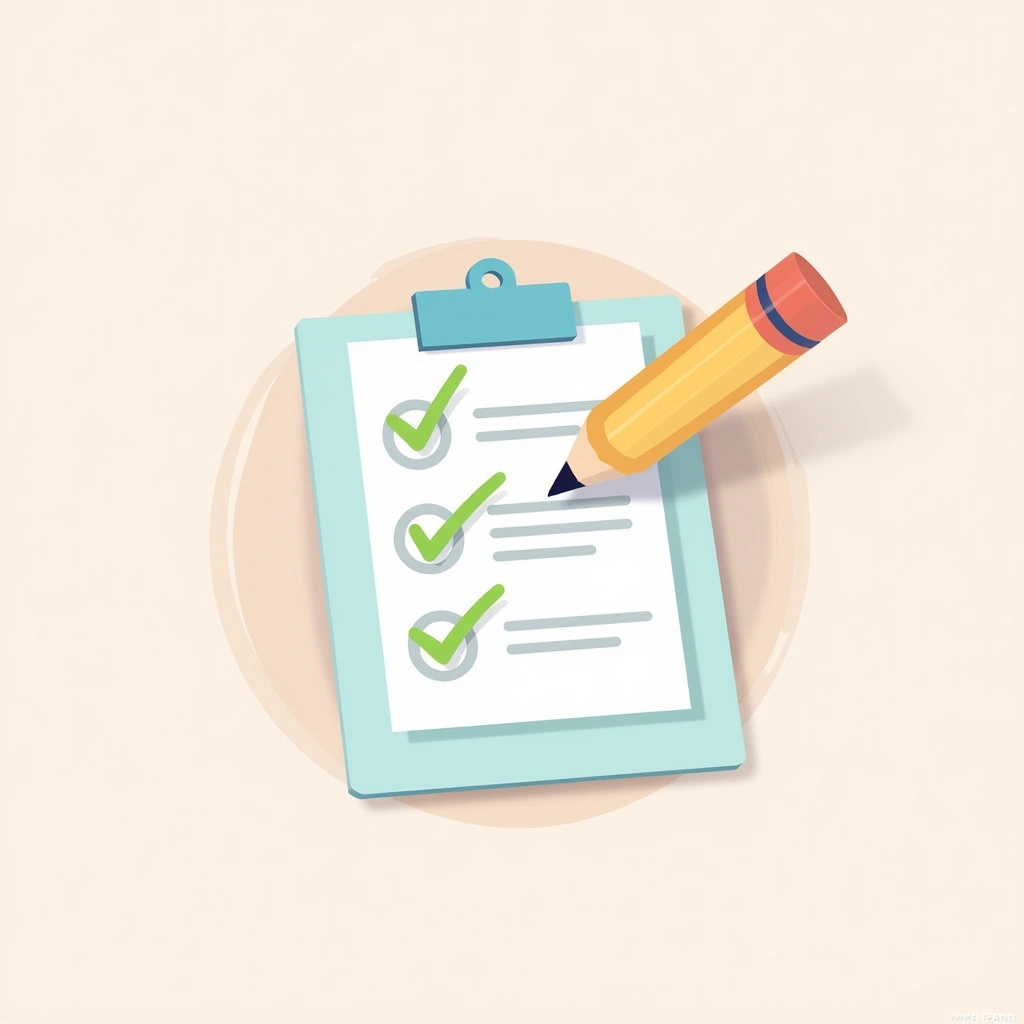
Audit Missing Assignments
Regularly review course requirements to identify any missed or incomplete assignments before they impact your grade. Proactively tracking completion status prevents unpleasant surprises and allows for timely intervention when gaps are discovered.
Why This Matters
Aisha conducts a weekly audit of all her courses to ensure nothing has fallen through the cracks, which has helped her catch several assignments she would have otherwise missed. This simple habit of verification has protected her grades and reputation with professors.
Align With Learning Style
Identify whether you learn best through visual, auditory, kinesthetic, or other methods, and adapt your study techniques accordingly. Matching study approaches to your natural learning style increases information retention and makes studying more engaging and effective.
Why This Matters
Tyler discovered he was a visual learner and began converting his text notes into diagrams, mind maps, and color-coded systems. This alignment between his study methods and natural learning style transformed studying from a struggle into an engaging process that yielded better results.

Define Session Objectives
Begin each study session by clearly defining what you intend to accomplish by the end. Specific session goals provide focus, create momentum through achievable milestones, and give a clear endpoint to work toward.
Why This Matters
Hannah starts each study session by writing down exactly what she aims to complete, which has eliminated aimless reading and helped her stay focused. Her productivity improved dramatically once she replaced vague study intentions with concrete, achievable session goals.
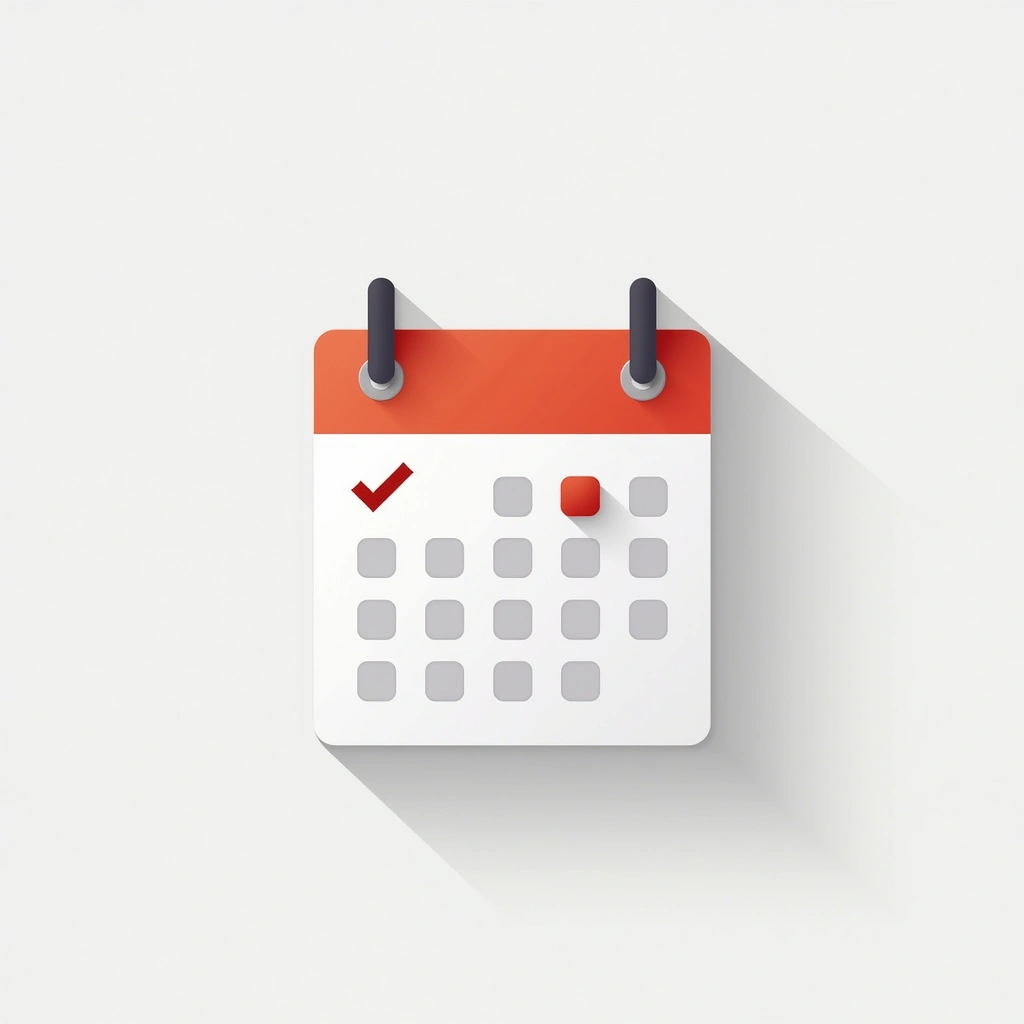
Show Up Consistently
Attend all classes, study sessions, and academic appointments without exception whenever possible. Consistent attendance ensures you receive all information firsthand, participate in valuable discussions, and demonstrate commitment to your education.
Why This Matters
Miguel made a non-negotiable commitment to attend every class despite having access to online materials, which gave him insights from discussions that weren't captured in notes. His perfect attendance record not only improved his understanding but also built positive relationships with professors.

Cultivate Intrinsic Motivation
Connect your studies to personal growth and fulfillment rather than external pressures or rewards. Intrinsic motivation based on genuine interest and purpose creates sustained engagement and resilience through challenging academic periods.
Why This Matters
Elena struggled with medical school until she shifted from studying to please her parents to focusing on how her knowledge would help future patients. This connection to her deeper purpose transformed her relationship with difficult material and sustained her through challenging courses.
Maintain Physical Wellbeing
Prioritize adequate sleep, nutrition, exercise, and stress management as foundational to cognitive function. Physical wellbeing directly impacts focus, memory, and learning capacity, making health maintenance an essential study habit.
Why This Matters
Ben noticed his concentration and recall plummeted during periods of poor sleep or nutrition, which led him to view physical health as a critical academic strategy. By treating exercise and sleep as non-negotiable parts of his study routine, he actually accomplished more despite dedicating less total time to books.

Eliminate Study Interruptions
Proactively identify and remove potential distractions from your study environment, including digital notifications, noise, and visual clutter. Minimizing interruptions preserves cognitive resources and allows for deeper focus and more efficient learning.
Why This Matters
Jasmine created a distraction-free zone by turning off phone notifications, using website blockers, and wearing noise-cancelling headphones during study sessions. This environment of focused attention allowed her to complete assignments in half the time while understanding the material more deeply.
Key Takeaways
Here are the core principles for transforming your study approach and achieving academic success.
- Structured Study: Designate study zones and establish time blocks to create a focused and consistent learning routine.
- Effective Learning: Chunk large assignments, focus on one task, and capture key concepts for deeper understanding and efficient learning.
- Active Engagement: Practice active recall, rephrase key concepts, and collaborate with peers to solidify knowledge and enhance retention.
- Proactive Approach: Seek immediate clarification, audit missing assignments, and request timely assistance to stay on track and address challenges promptly.
- Wellbeing and Motivation: Prioritize quality sleep, celebrate small wins, cultivate intrinsic motivation, and maintain physical wellbeing for sustained energy and a positive learning experience.
Embrace these habits, integrate them into your routine, and witness the remarkable impact on your academic journey.
